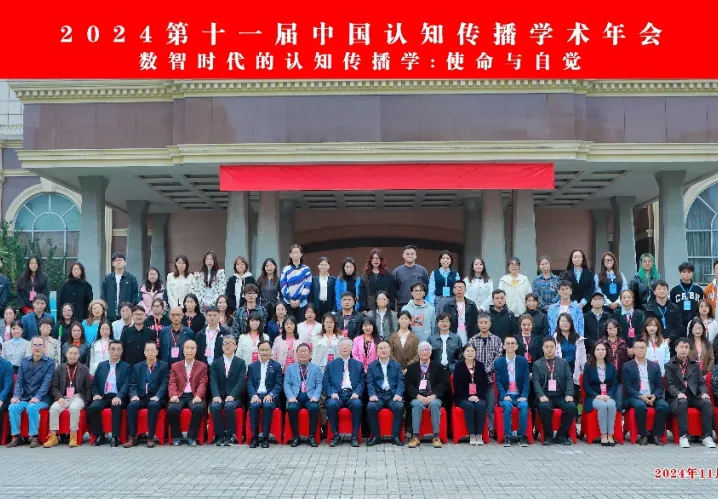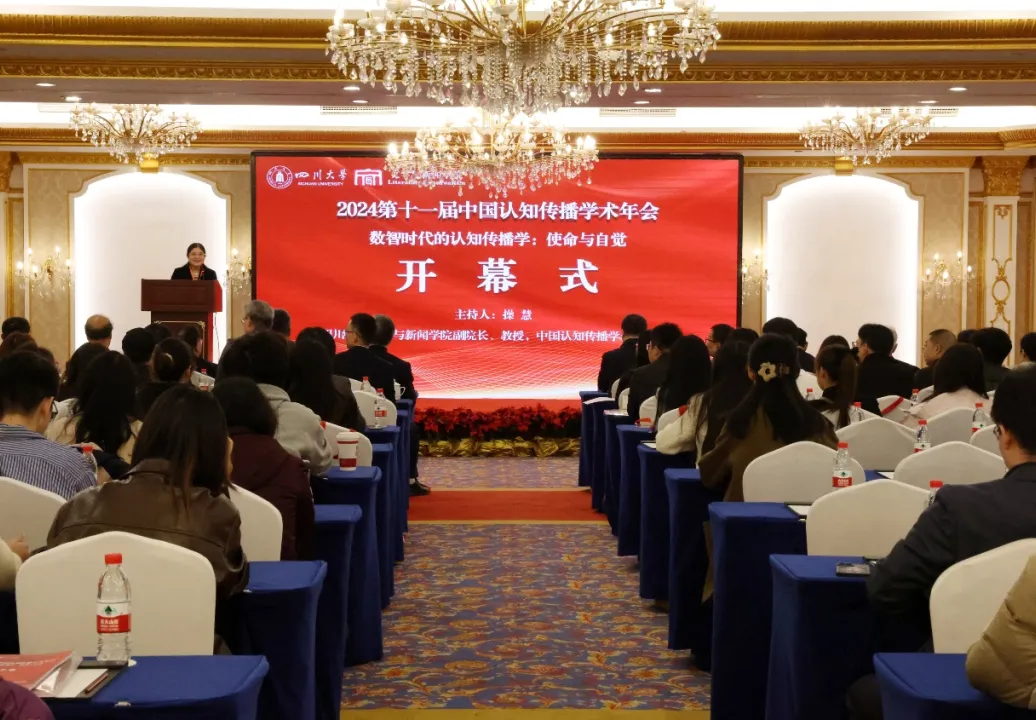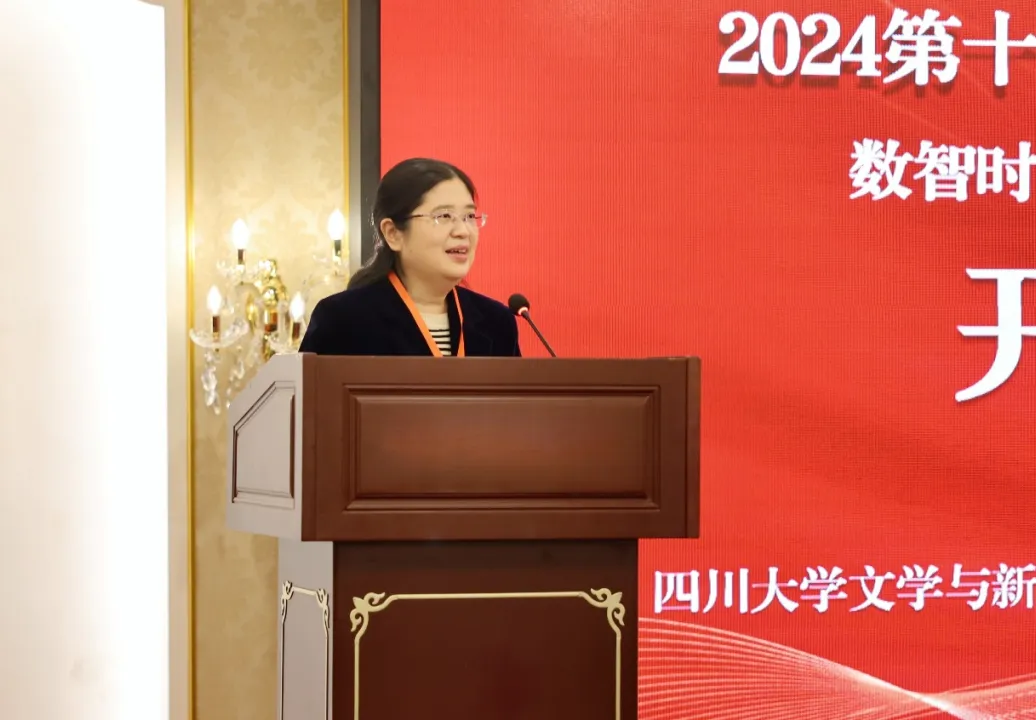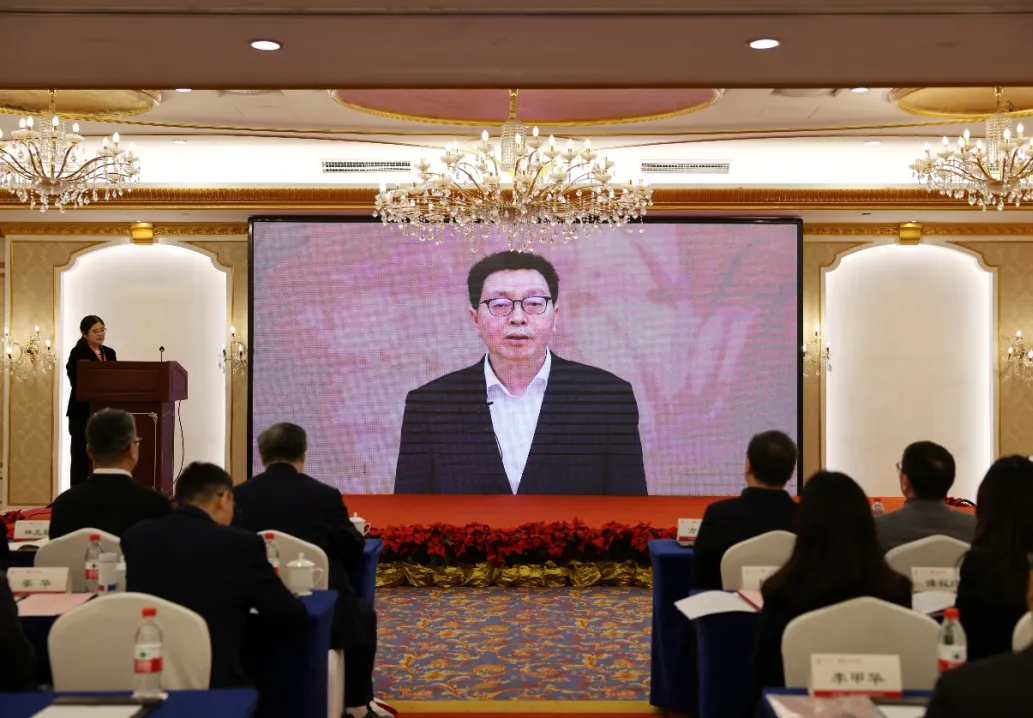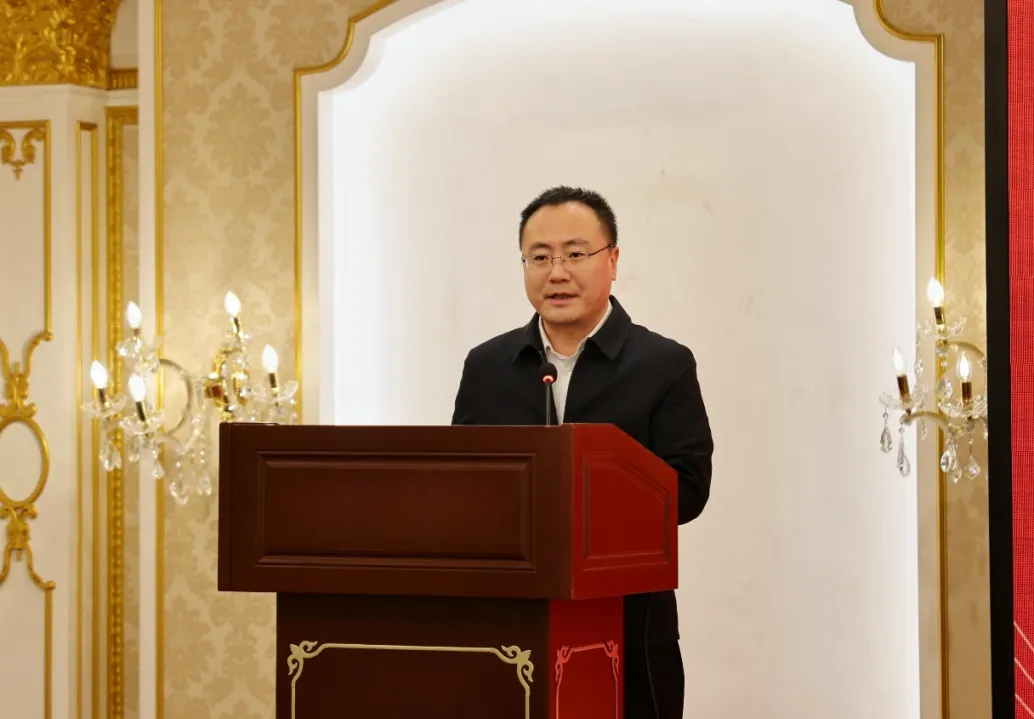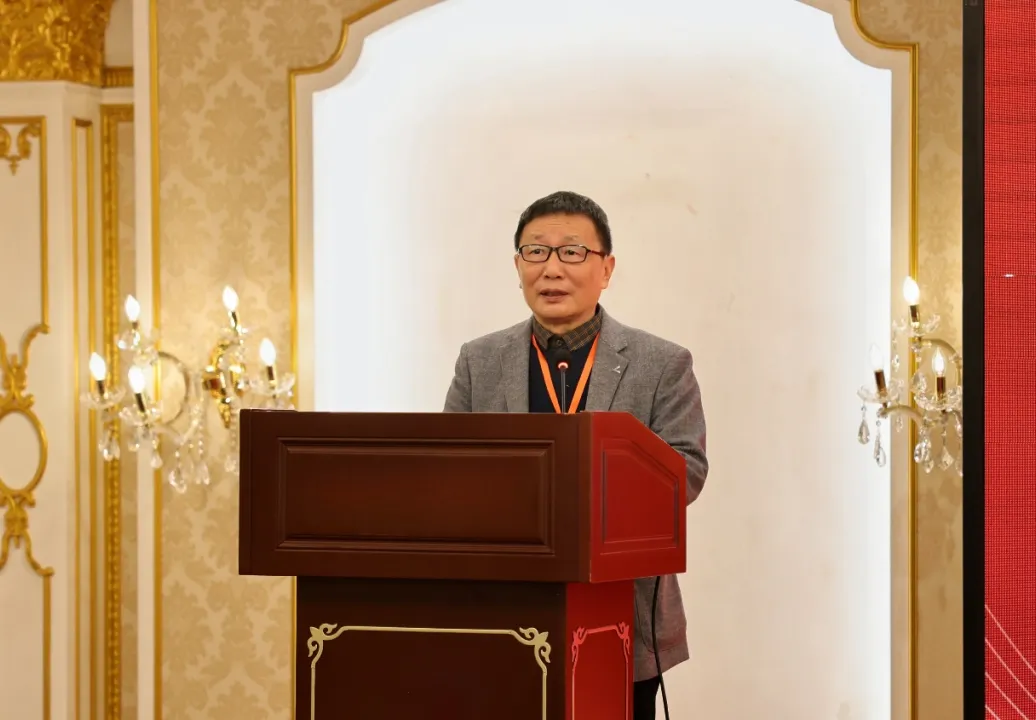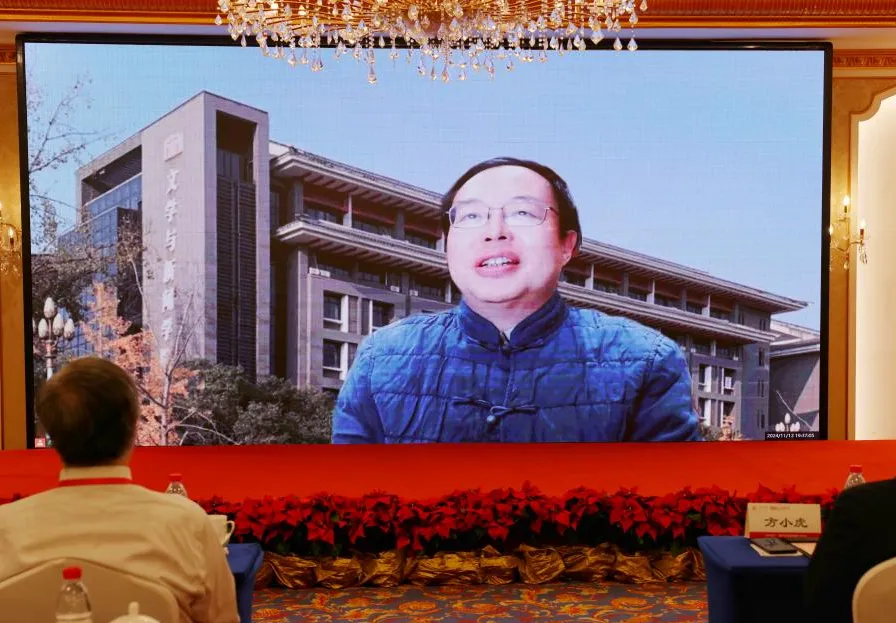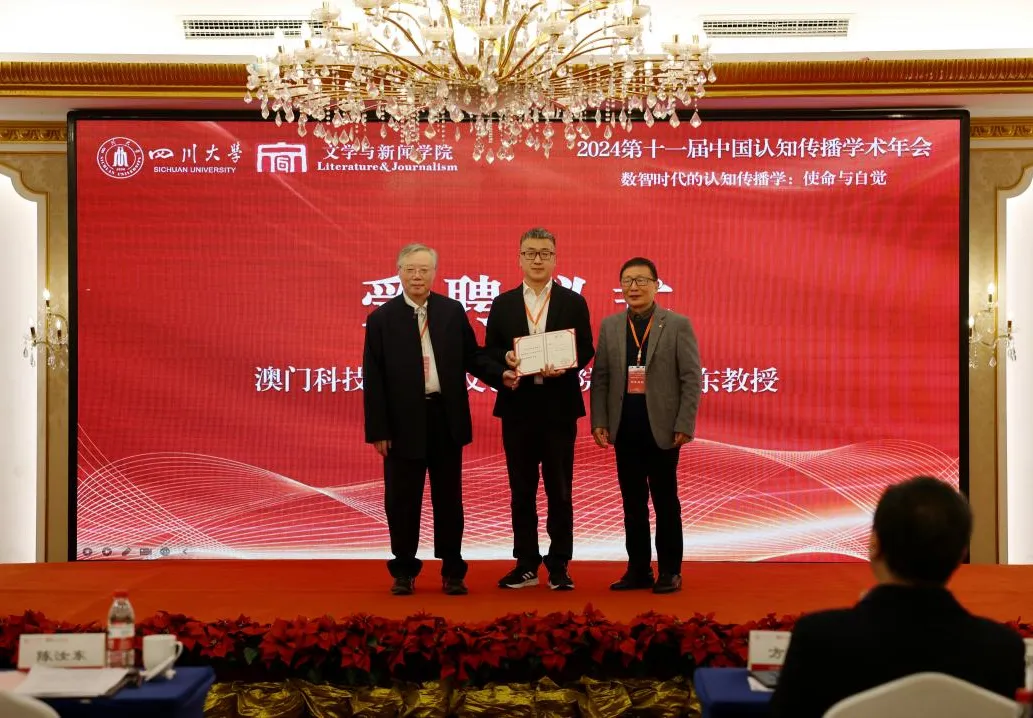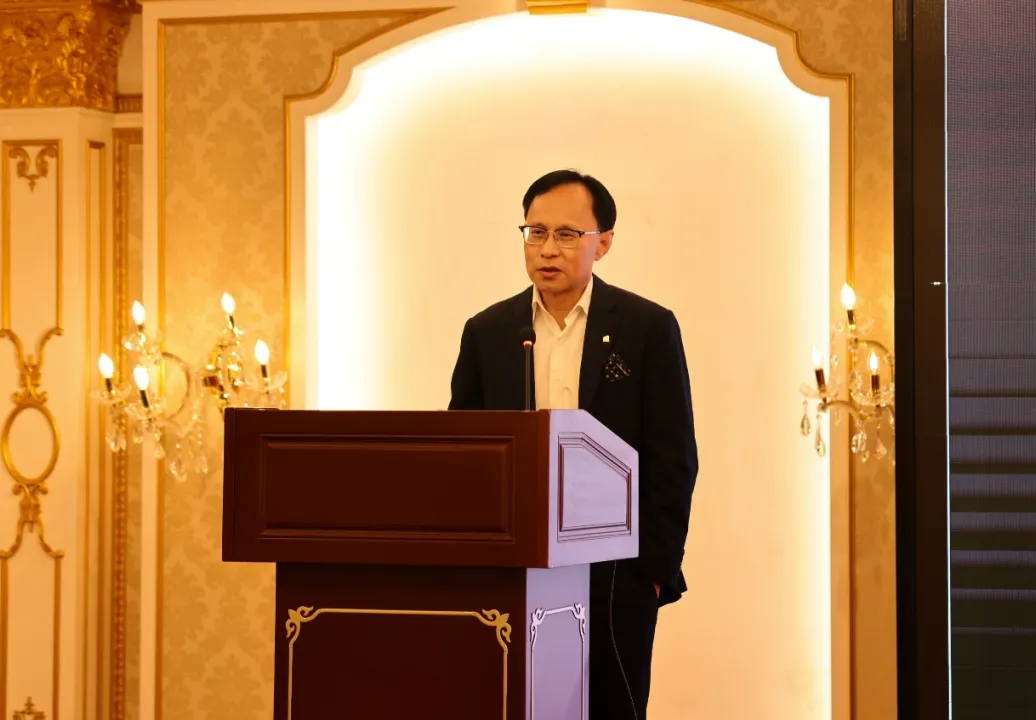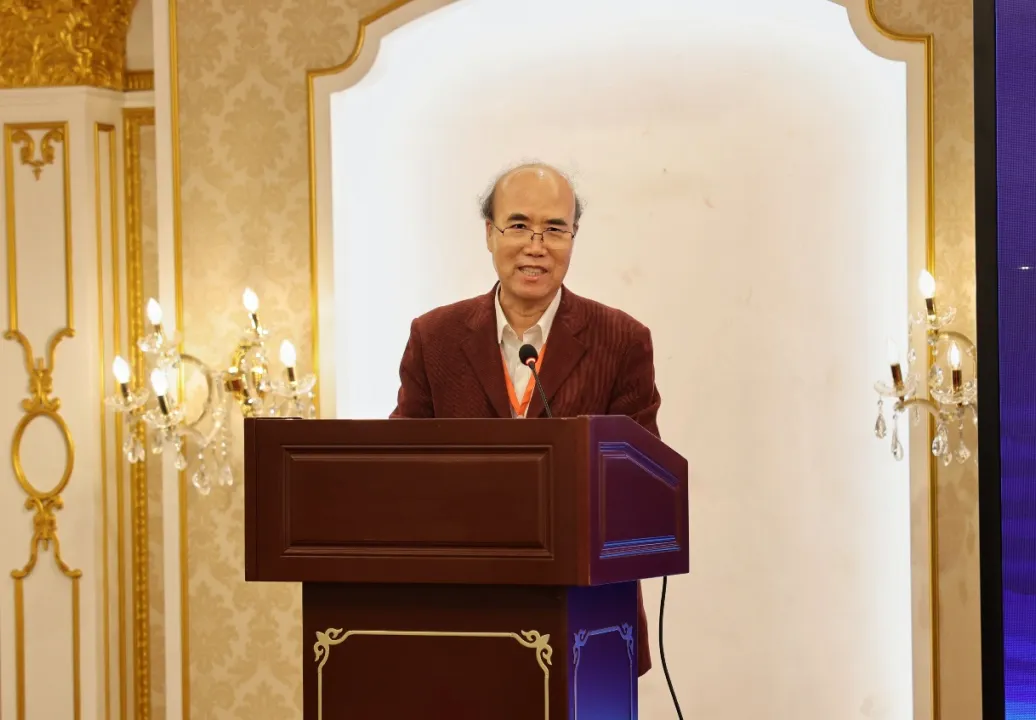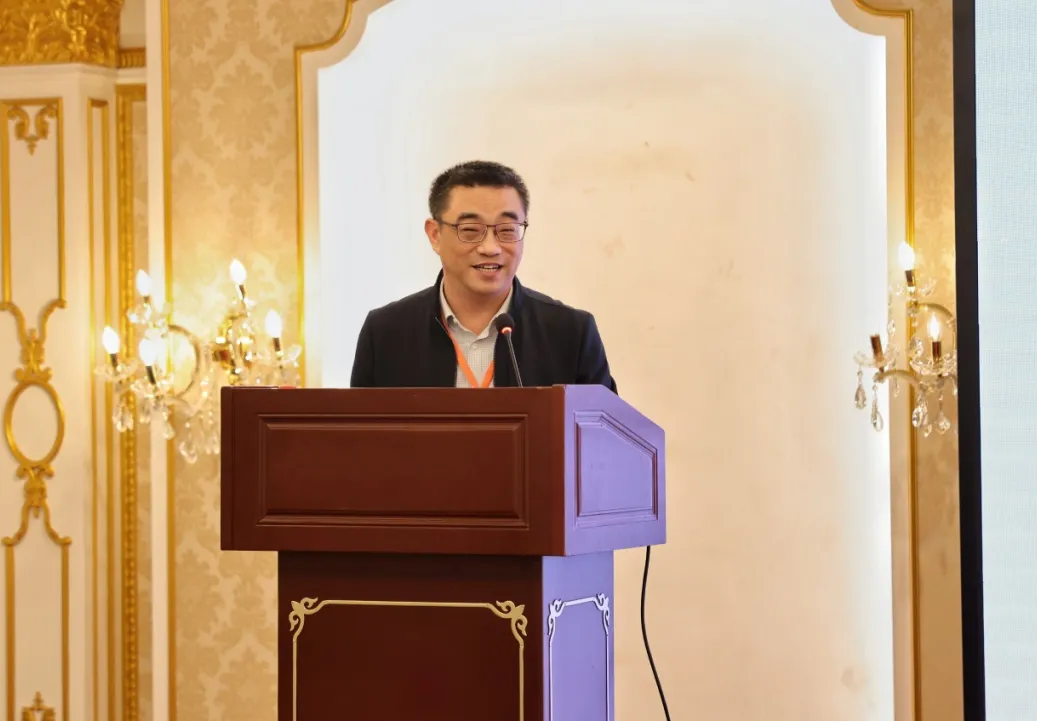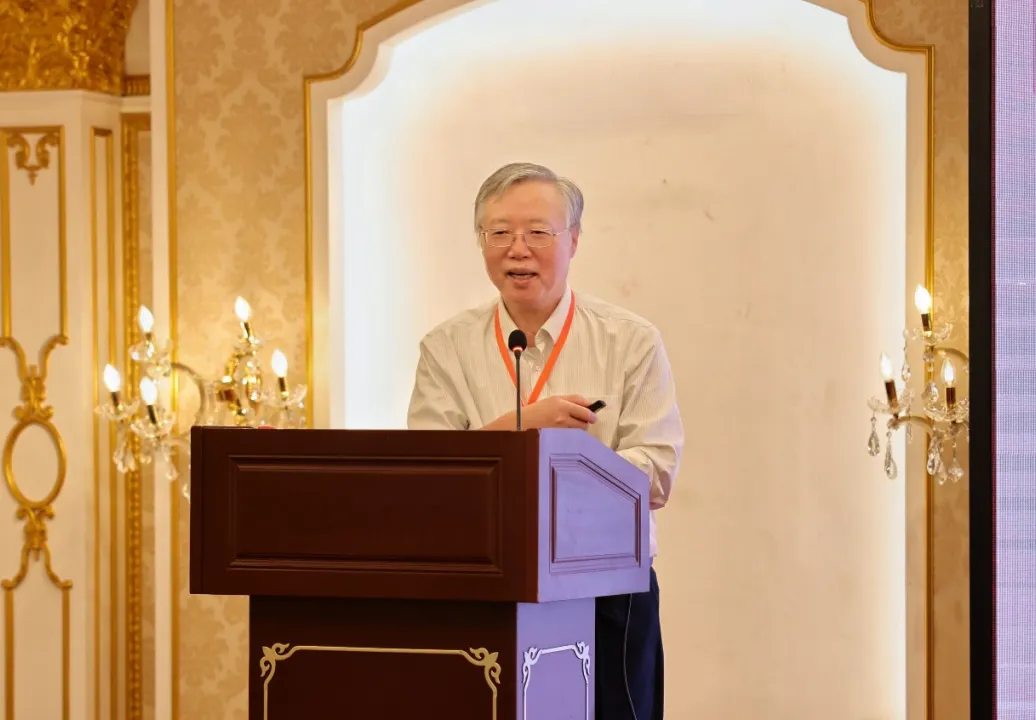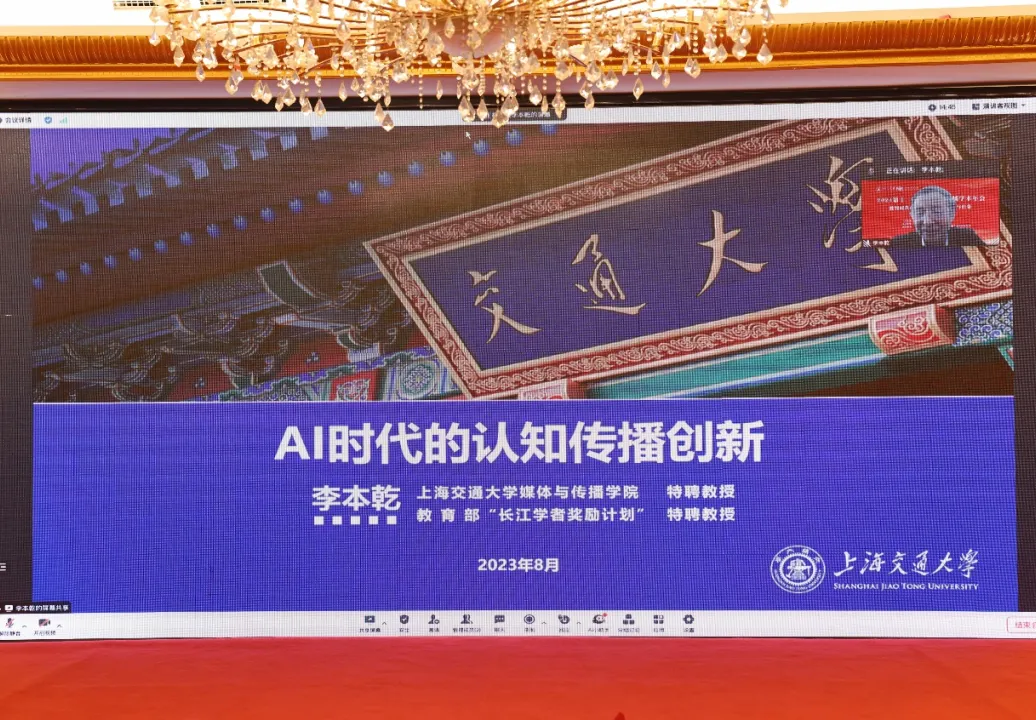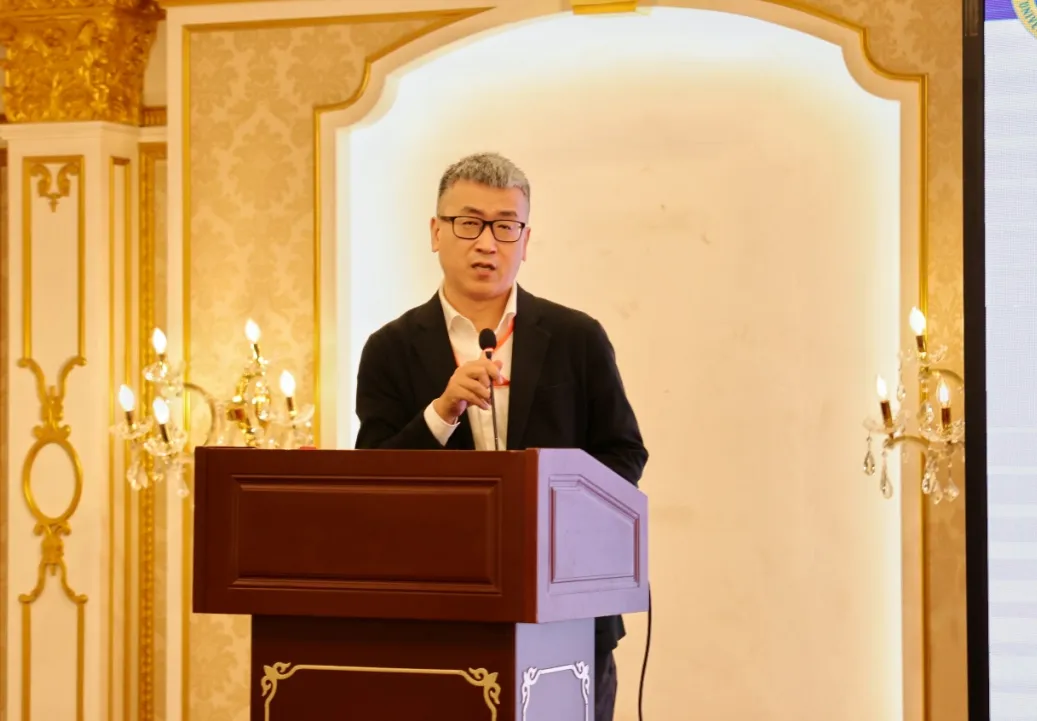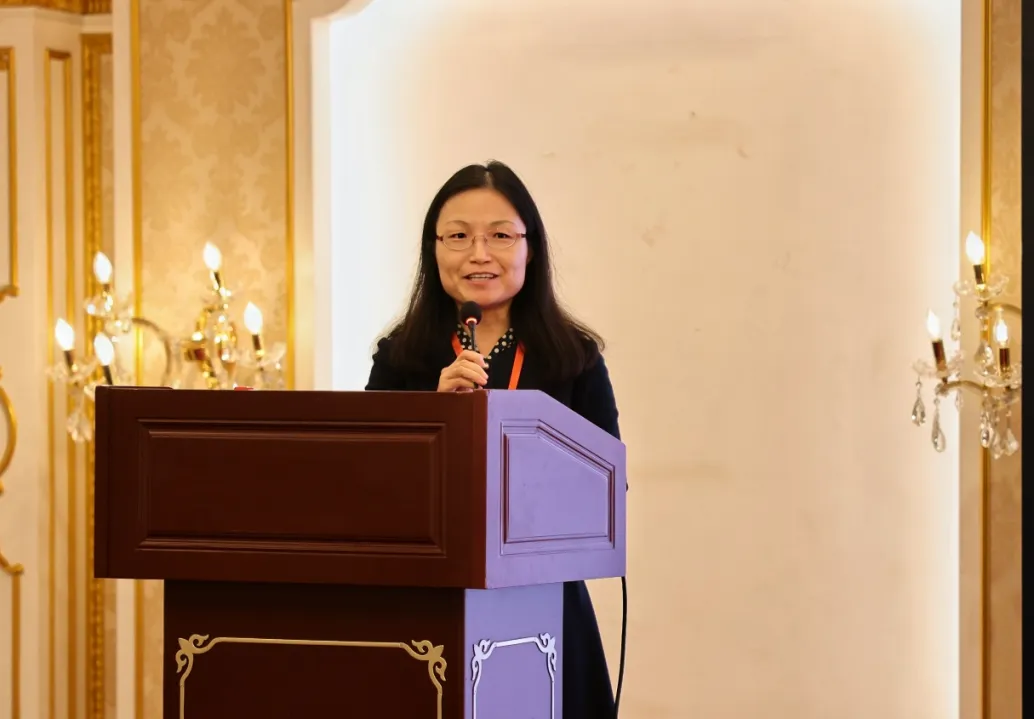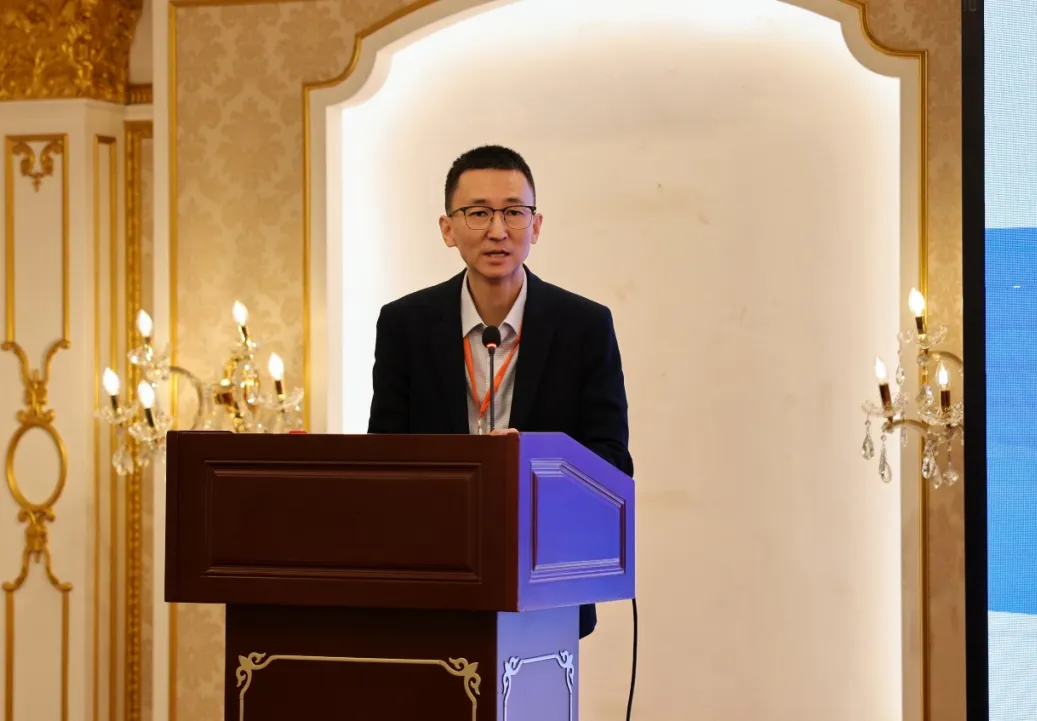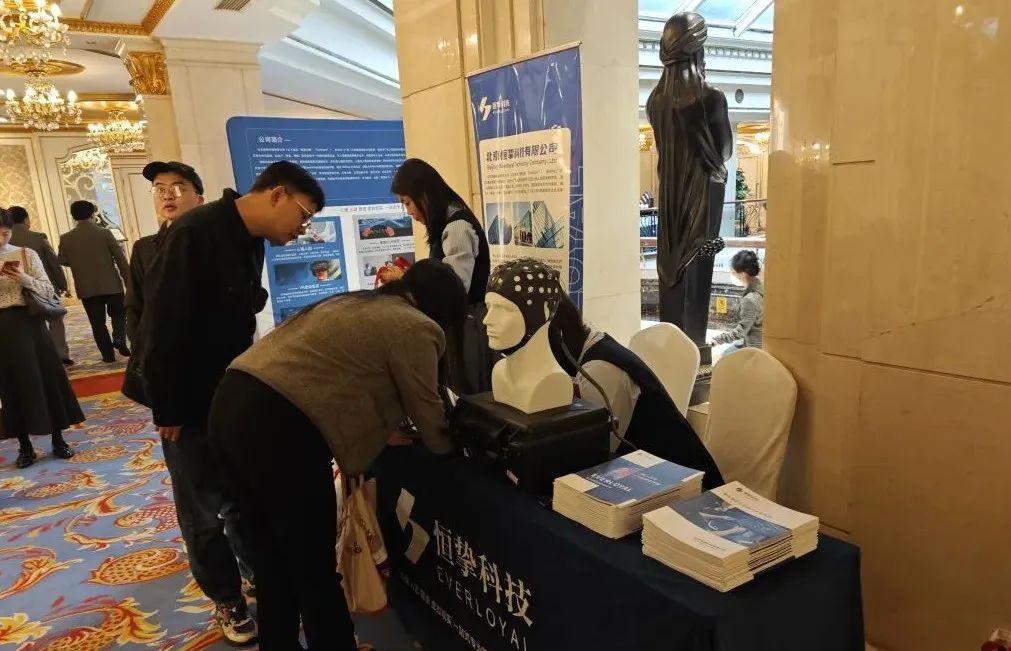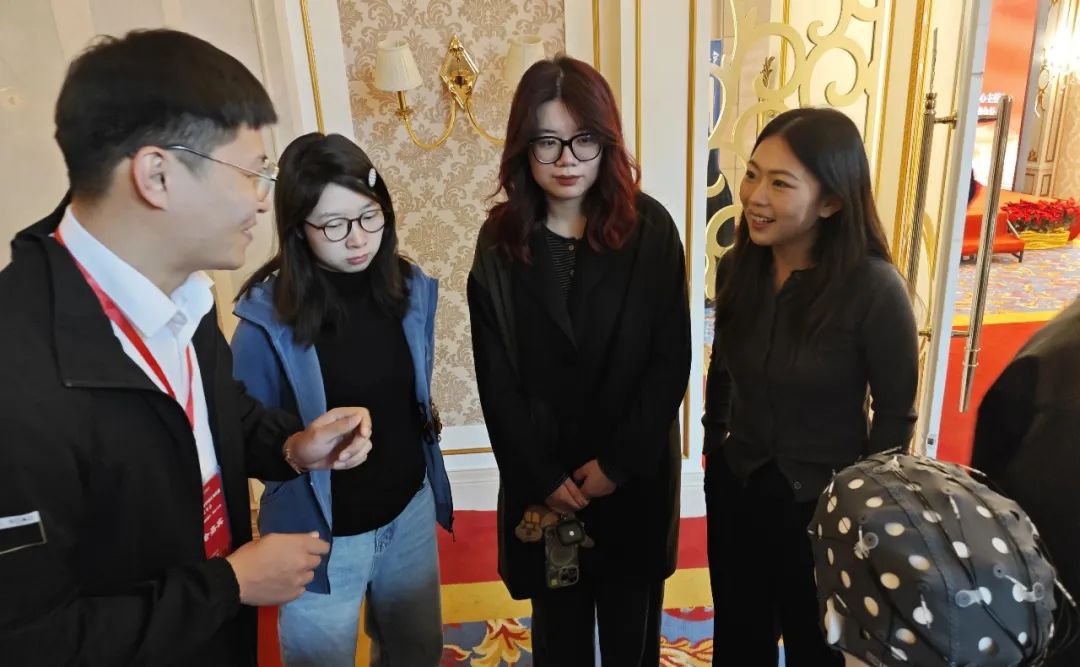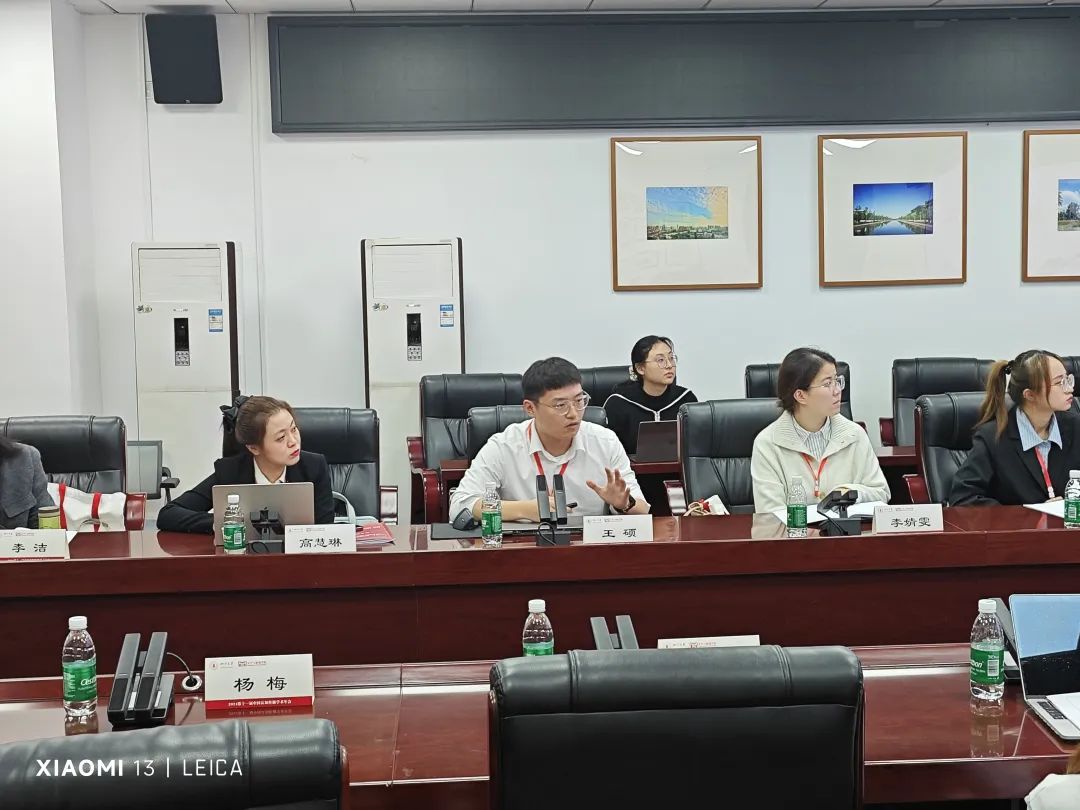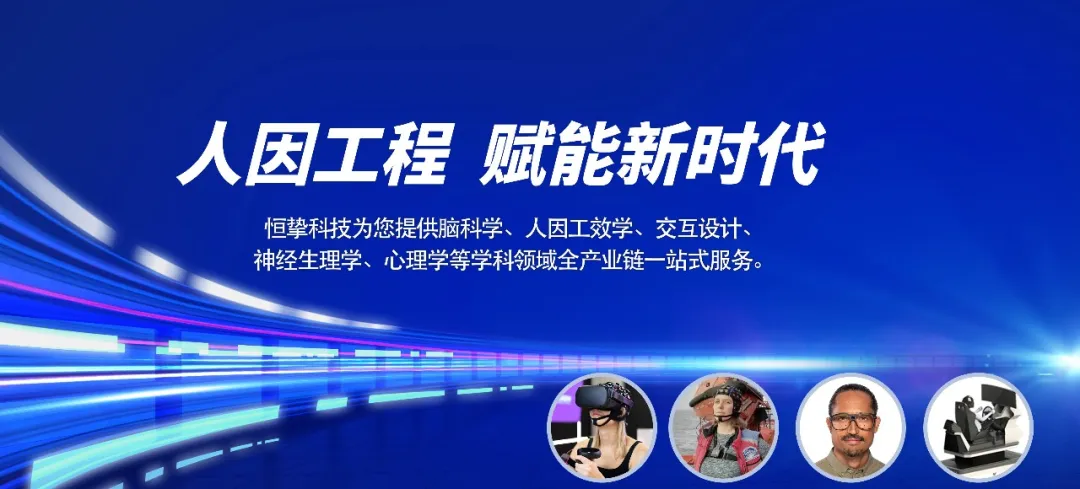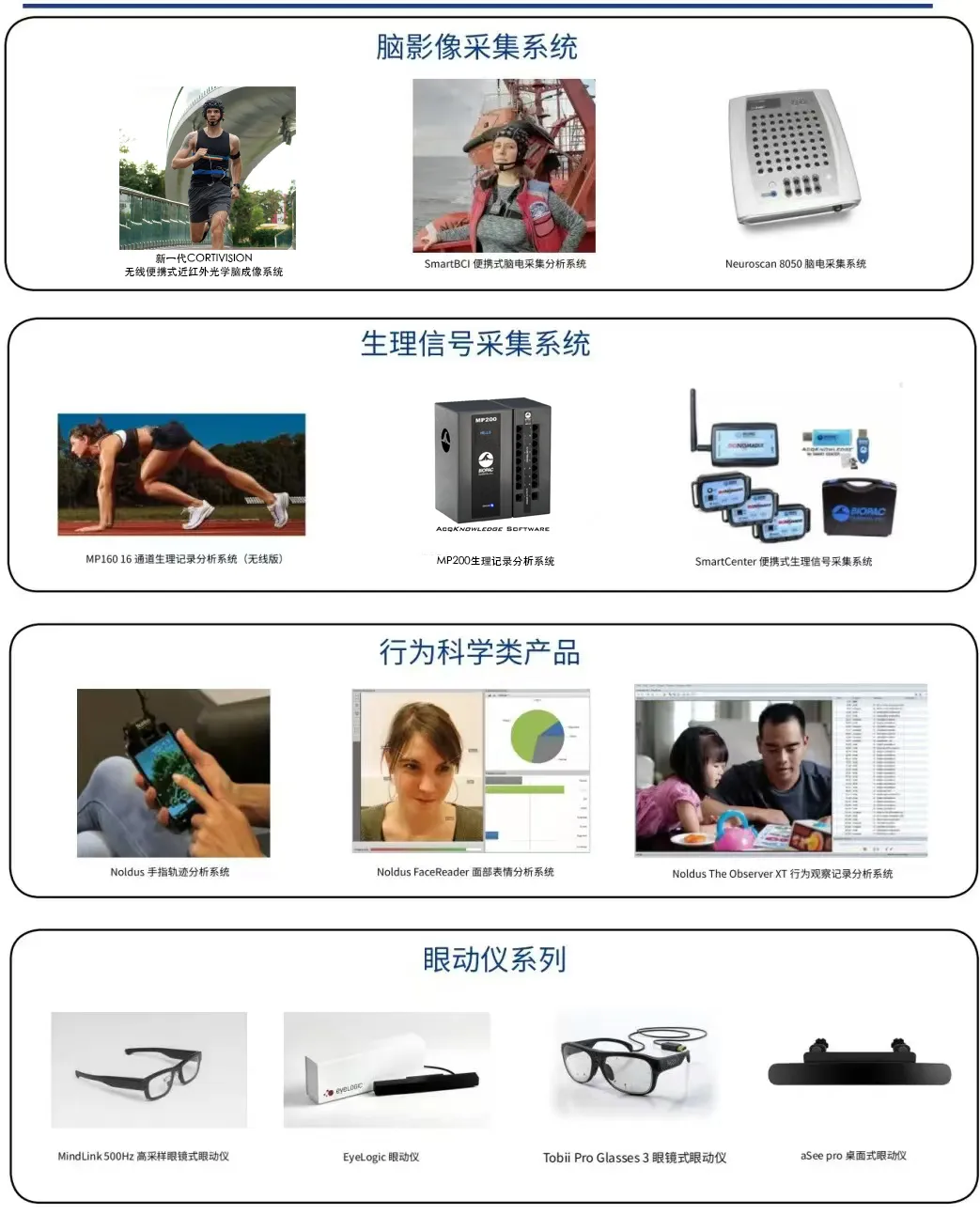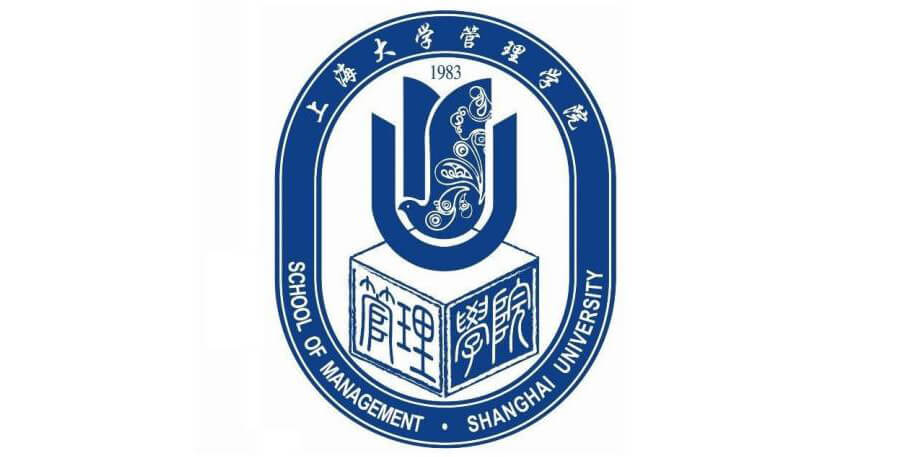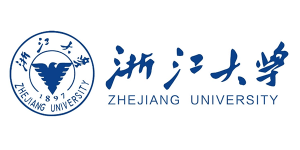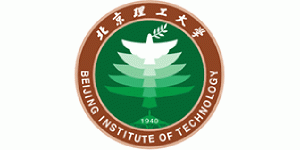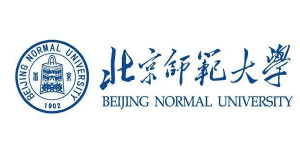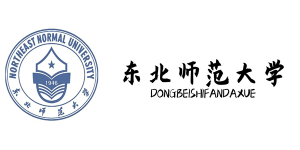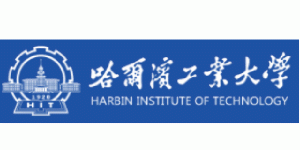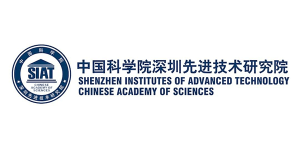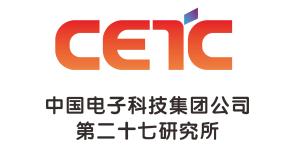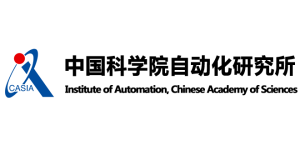On November 16, the 11th Annual Conference on Cognitive Communication in China, organized by the Global Rhetoric Society and the Chinese Society of Cognitive Communication, and co-organized by the School of Literature and Journalism of Sichuan University, the School of Journalism and Communication of Sichuan University of Foreign Studies, and the Research Institute of Media Studies of Chengdu University, with the support of Beijing Hengzhi Technology Co. Experts and scholars from universities and research institutes, industry professionals and graduate students gathered in Chengdu to talk about the cutting-edge issues and development trends in the field of cognitive communication in the era of digital intelligence.
Under the theme of "Cognitive Communication in the Age of Digital Intelligence: Mission and Self-awareness", this annual conference aims to initiate academic exchanges in cognitive communication with cutting-edge theoretical perspectives and interdisciplinary cross-cutting paradigms, and to contribute to the research on the frontiers of cognitive communication in the age of digital intelligence with reflections and explorations from China's perspective, so as to contribute to the construction of a new pattern of domestic and international communication.
The conference consisted of a keynote forum, a roundtable forum and parallel sub-forums, which attracted more than 100 experts, scholars and university students from the field of cognitive communication at home and abroad to participate in the conference.
Leaders and guests attending the opening ceremony of the annual conference include Prof. Liu Chao, Vice President of Sichuan University, Mr. Fang Xiaohu, Vice Minister of the Propaganda Department of Sichuan Provincial Party Committee, Prof. Chen Rudong, President of the Global Rhetoric Society, Prof. Ouyang Hongsheng, President of the Chinese Society of Cognitive Communication, and Prof. Li Yi, Dean of the School of Literature and Journalism of Sichuan University. The opening ceremony of the annual conference was hosted by Prof. Cao Hui, Vice President of the Chinese Society of Cognitive Communication and Dean of the College of Literature and Journalism of Sichuan University.
Prof. Cao Hui, Associate Dean of the School of Literature and Journalism, Sichuan University, presided over the opening ceremony.
Prof. Liu Chao, Vice President of Sichuan University, delivered an online speech. On behalf of Sichuan University, Prof. Liu Chao expressed his sincere welcome to all the guests who have traveled a long way to attend the conference, and looked forward to all the experts contributing Chinese perspectives, Chinese thinking and Chinese wisdom to the study of cognitive communication in the digital age through the discussion of the frontiers of cognitive communication in the digital age.
Speech by Prof. Liu Chao, Vice President of Sichuan University, on the line
Fang Xiaohu, vice minister of the Propaganda Department of the Sichuan Provincial Party Committee, pointed out that cognitive communication, as an innovative interdisciplinary discipline, can provide strong intellectual support for the work of news and public opinion, especially the development of media integration. In his speech, he said that the organization of this annual cognitive communication conference is forward-looking, and he hoped that experts and scholars would take advantage of the platform of the Propaganda Department of the CPC Sichuan Provincial Party Committee and the School of Journalism of Sichuan University to strengthen communication and cooperation, and to take Sichuan's innovative exploration of promoting the construction of the Tianfu media integration consortium as a typical case and a research sample of cognitive communication, to strengthen communication and cooperation with the academic community, and to promote the development of deep integration of the media. To promote the systematic change of mainstream media, and to gather stronger media power for writing a new chapter of Chinese-style modernized Sichuan.
Speech by Mr. Fang Xiaohu, Vice Minister of Propaganda Department of Sichuan Provincial Party Committee
Professor Chen Rudong, president of the Global Rhetoric Society and School of Journalism and Communication of Peking University, believes that "it is necessary and urgent to broaden the new vision of the development of cognitive communication, and to explore the application of technological development in the field of cognitive communication in the age of data as well as risk regulation." He pointed out that the Society of Cognitive Communication has become a leader in the construction of international academic community, and has made positive contributions to the construction of academic community, the development of academic activities, the inheritance of academic achievements, and the layout of academic echelon.
Speech by Prof. Rudong Chen, President of Global Rhetoric Society and School of Journalism and Communication, Peking University
Prof. Ouyang Hongsheng, president of the Chinese Society of Cognitive Communication and professor of the School of Literature and Journalism of Sichuan University, reviewed the development of cognitive communication research in China for more than ten years. He pointed out that interdisciplinary research has become the consensus and important path of knowledge innovation in the new era, and that cognitive communication research has become an inevitable trend in the context of the new round of cognitive system innovation. He summarized the obvious features of the current cognitive communication research: first, there are already a large number of preliminary results of cognitive communication research; second, cognitive communication research has already had a clear research purpose, significance and object of research; third, a cognitive communication knowledge system has been initially built; and fourth, a basic team of talents engaging in cognitive communication research has already been formed.
President of the Chinese Society of Cognitive Communication, College of Literature and Journalism, Sichuan University Speech by Prof. Ouyang Hongsheng
Prof. Li Yi, Dean of the School of Literature and Journalism of Sichuan University, welcomed the guests online. He pointed out in his speech that how to do good academic research in the era of digital intelligence is an important issue that every scholar needs to face, and the theme of this conference is in line with the development of the times, which will open up important thinking in the field of communication, journalism and other related disciplines.
Speech by Prof. Li Yi, Dean of the School of Literature and Journalism, Sichuan University, on the line
At the end of the opening ceremony, Prof. Chen Rudong, President of the Global Rhetoric Society, and Prof. Ouyang Hongsheng, President of the Chinese Society of Cognitive Communication (CSC), awarded Prof. Liu Xudong of the Faculty of Humanities and Arts of the Macau University of Science and Technology (MUST) with a letter of appointment to the position of Vice-President of the Chinese Society of Cognitive Communication.
Prof. Xudong Liu's Appointment Ceremony
